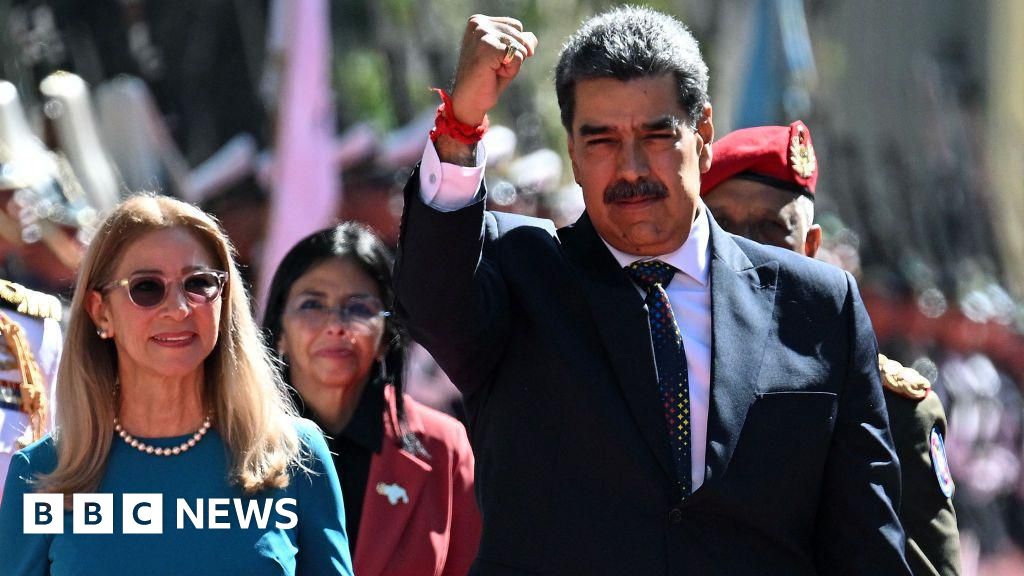Rana Salah, a resident of Gaza, holds her daughter Milana – who was born one month ago – in her arms in a tent with a stifling atmosphere and crowded with displaced people. She talks about the guilt she feels for giving birth to her little girl in the midst of war and suffering.
Rana from a camp in Deir al-Balah in the central Gaza Strip says, “If it were up to me, I would not have gotten pregnant or given birth in the war because life is completely different. We have never lived such a life before.”
She complains, “I gave birth twice before and life was better and easier for me and the child. Now I feel as if I have wronged myself and the child because we deserve to live a better life than this.”
Milana was born in a hospital tent after her mother underwent a caesarean section due to pregnancy complications she suffered. The family was unable to return home due to the war, moving from one tent to another as the displacement continued.
Milana is one of about 20,000 children born in the Gaza Strip over the past year, according to statistics from the United Nations Children’s Fund (UNICEF).
The Israeli aggression killed more than 41,500 Palestinians, according to the Ministry of Health in Gaza. A large part of the Palestinian Strip was turned into rubble, and most of its 2.3 million residents were displaced from their homes.
Risk of infection
Rana tries to moisturize her baby’s skin with a piece of cardboard, noting that the heat is harmful to her skin.
She says, “Instead of returning to our homes, we move from one tent to another… and diseases are widespread and the water is polluted.”
The World Health Organization warns that postpartum services have declined significantly in the Gaza Strip, and therefore women who suffer from complications do not adequately receive the necessary care for themselves and their children.
Director of the Emergency Program at the WHO Regional Office for the Eastern Mediterranean, Rick Brennan, said that malnutrition poses a threat to newborns, especially if their mothers are unable to breastfeed at a time when there is no access to alternatives to breast milk.
Brennan added that displacement and constant movement harm newborns and expose them to the risk of infection.
Manar Abu Jarad lives in a shelter, formerly a school, run by the United Nations Relief and Works Agency for Palestine Refugees (UNRWA). Her youngest daughter, Sahar, was born on September 4, also by caesarean section. Her husband was martyred in the war.
When she learned that she would need a C-section to give birth, she was overwhelmed with anxiety about how to care for her other children.
Manar says, “I have three daughters. I screamed: How will I carry water? How will I clean my daughters? How will I help them when my husband is not there? He was martyred.”
The girls caress baby Sahar, who is wrapped in a bed next to mother Manar, who says, “I have reached a point where I cannot bear the responsibility of this girl… Thank God I found some help here.”
She explained that she borrowed what she could from the family, and uses one diaper a day for the baby because she cannot afford more.
“I don’t have money to buy diapers or milk for her,” she explained.
Manar yearns for the war to end so that she can return to her home, even if it is just a tent next to the ruins of her home.




